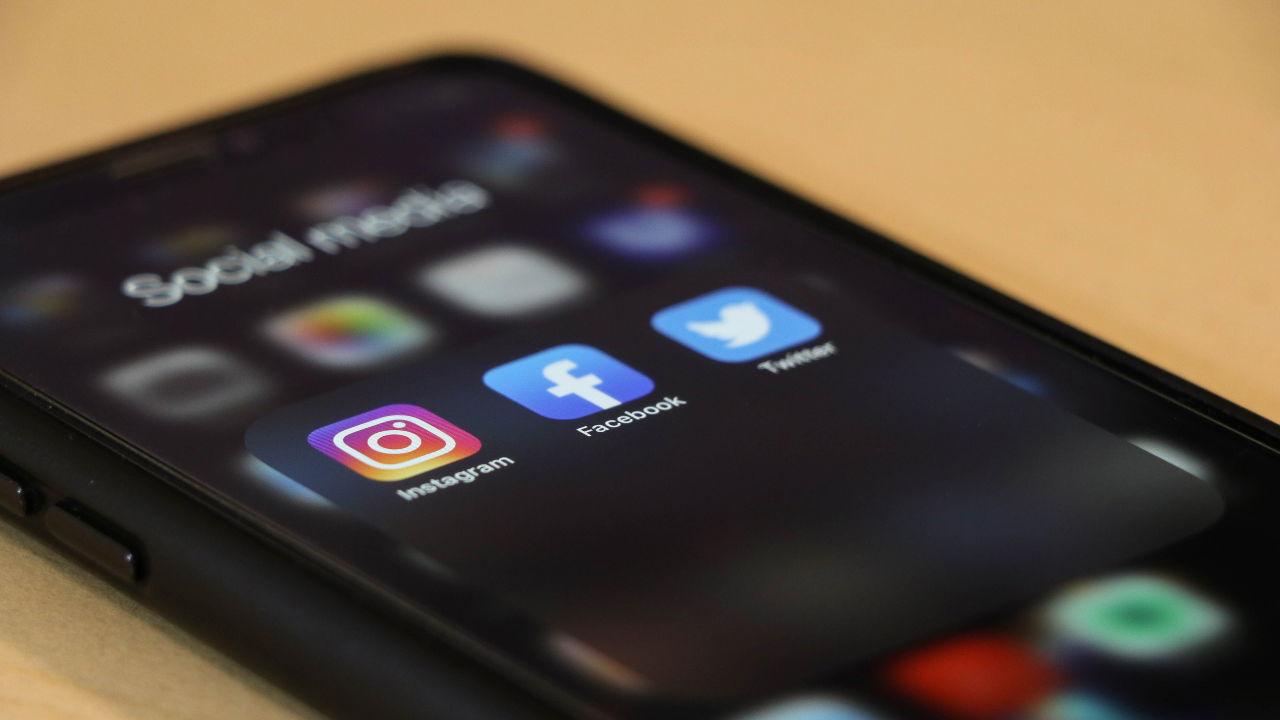
How Do Politics and Social Media Collide?
By Movieguide® Contributor
Pew Research has released a study that examines how social media and politics collide.
“X stands out as a place people turn to for politics. A majority of X users (59%) say keeping up with politics or political issues is a reason they use it, compared with 36% of TikTok users and even smaller shares of Facebook or Instagram users (26% each),” Pew reported in a recent survey.
Users visit TikTok, however, for other reasons.
Ninety-five percent of TikTok users admitted they use the app for entertainment alone. As far as Facebook and Instagram, people reported connection with friends and family as their motivating factor.
Regardless of people’s reasons for visiting the apps, politics plays a major role on any social media platform, especially due to this year’s upcoming election.
“The relationship between social media and elections has often been rocky,” Pew Research said. “In 2016, platforms struggled to stop the spread of election misinformation. After 2020, they grappled with decisions to ban former President Donald Trump. Not everyone is convinced platforms are a dire threat to democracy. But as experts warn misinformation could worsen in 2024 and the Supreme Court tackles cases defining free speech on social media.”
Across all of the platforms, X is viewed as the most political. Seventy-four percent of users reported seeing political content on the platform. It also is the only platform used by some solely to keep up with politics.
Political content still finds a place on Instagram, Facebook and TikTok.
Fifty-two percent of Facebook users see some political content, followed by 45% on TikTok and 36% on Instagram.
Last year, a study revealed that Facebook’s algorithms silo users by their political preferences.
“The studies found liberals and conservatives live in their own political news bubbles more so than elsewhere online,” NPR reported. “After analyzing popular political news links posted on the platform between September 2020 and February 2021, the researchers found that there’s not much overlap between political news consumption within the two camps.”
Meta, Facebook’s parent company, has since said it is backing off from politics.
Earlier this year, Instagram head Adam Moseri announced, “Over the next few weeks we will be improving how we avoid recommending content about politics on recommendation surfaces – like Explore, Reels, and Suggested Users – across both Instagram and Threads. If you want political recommendations, you will have a control to opt into getting them.”
Movieguide® reported:
To avoid controversy, Meta has stepped back from politics, a move that has already had major implications for the upcoming presidential election.
Meta inserted itself into the 2016 and 2020 presidential races, portraying itself as a forum for democracy. However, with the higher rates of polarization across the country, Meta now wants out of politics and is taking strong measures to make its platforms less lucrative for the candidates.
Following the 2020 election, Meta CEO Mark Zuckerburg said the company plans to “turn down the temperature” on political speech.
“Politics has kind of had a way of creeping into everything,” Zuckerburg said in early 2021. “The feedback that we see from our community is that people don’t want that in their experience.”
Questions or comments? Please write to us here.


 - Content:
- Content: 

